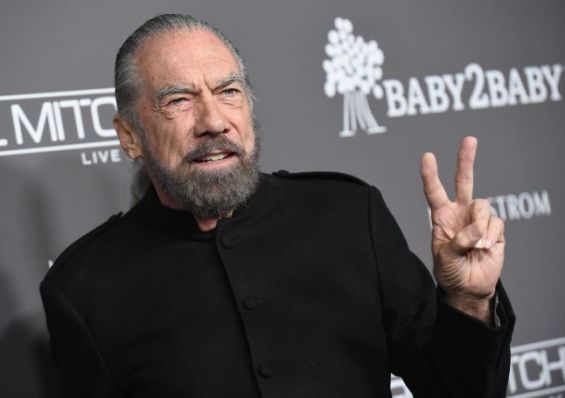A US court of appeal has affirmed a prior judgment that refused to recognize a Moroccan court’s ruling against American philanthropist John Paul DeJoria.
Made public on Friday, the affirmance from the United States Fifth Circuit Court of Appeals endorses the decision of the United States District Court for the Western District of Texas, that found that the billionaire was denied due process in Morocco.
This means that DeJoria wouldn’t have to pay $123 millions to the Moroccan side, after he was accused of alleged fraud and mismanagement.
The recent ruling was based on the findings of the Texas court, which ruled that the American entrepreneur was entitled to nonrecognition of the Moroccan judgement under the 2005 Uniform Foreign Country Money-Judgment Recognition Act.
A failed oil project
This decision comes after the American tycoon and his associates were sued by Lone Star, which is now known as Moroccan private company Maghreb Petroleum Exploration. The dispute started years after DeJoria decided, in 1999, to start an oil project in the Kingdom, known as the Talsint oil project.
«In 1999, DeJoria and his business partners started Lone Star Energy Corporation in Morocco with the help of King Mohammed VI’s first cousin», the Fifth Circuit court recalled in its decision. «The prospects looked so good that the King took to Moroccan airwaves to announce that the country would soon be in possession of ‘copious and high-quality’ oil that would allow Morocco to be self-sufficient for 30 years», it added.
Unfortunately, things did not go as planned and the promising project failed to meet its sky-rocketing objectives. The court indicates that «DeJoria and his business partner were forced off Lone Star’s board, and, fearing for their lives because of an alleged death threat, fled Morocco, never to return».
It is there that things took a bad turn, a commercial court got in charge of the lawsuit filed by Maghreb Petroleum, and after getting the opinion of an independent expert, it was ruled that DeJoria had to pay 969,832,062,22 Moroccan dirhams.
A long battle
«In order to collect its winnings from DeJoria’s assets in the United States», Maghreb Petroleum started a long battle in the country, trying to convince an American court to recognize and enforce its judgment.
In 2013, the Moroccan firm came to the US to have the judgment recognized, but DeJoria fought back, alleging that he did not get a fair trial in the Kingdom. The businessman argued that he did not attend the hearings in Morocco because he was scared for his life and that he allegedly had received death threats.
His claims were refused at the beginning and he «couldn’t obtain nonrecognition by showing he was denied due process or impartial tribunals in his case». But after the update of the 2005 «Recognition Act», he was able to defend the right of nonrecognition of the Moroccan judgment on the grounds of not having had a due process.
He returned to the Texas District court to inform them of the change in law. The latter dismissed the case, ruling that «DeJoria was unable to attend the Moroccan proceedings, that he was unable to obtain counsel to represent him in those proceedings, and that, although the Moroccan court relied on an expert’s opinion to determine damages, that expert lacked independence».
This decision pushed Maghreb Petroleum Exploration to seek the help of the Fifth Circuit Court of Appeals which affirmed the initial Texas district court’s ruling, allowing the nonrecognition of the Moroccan judgment.





 chargement...
chargement...













